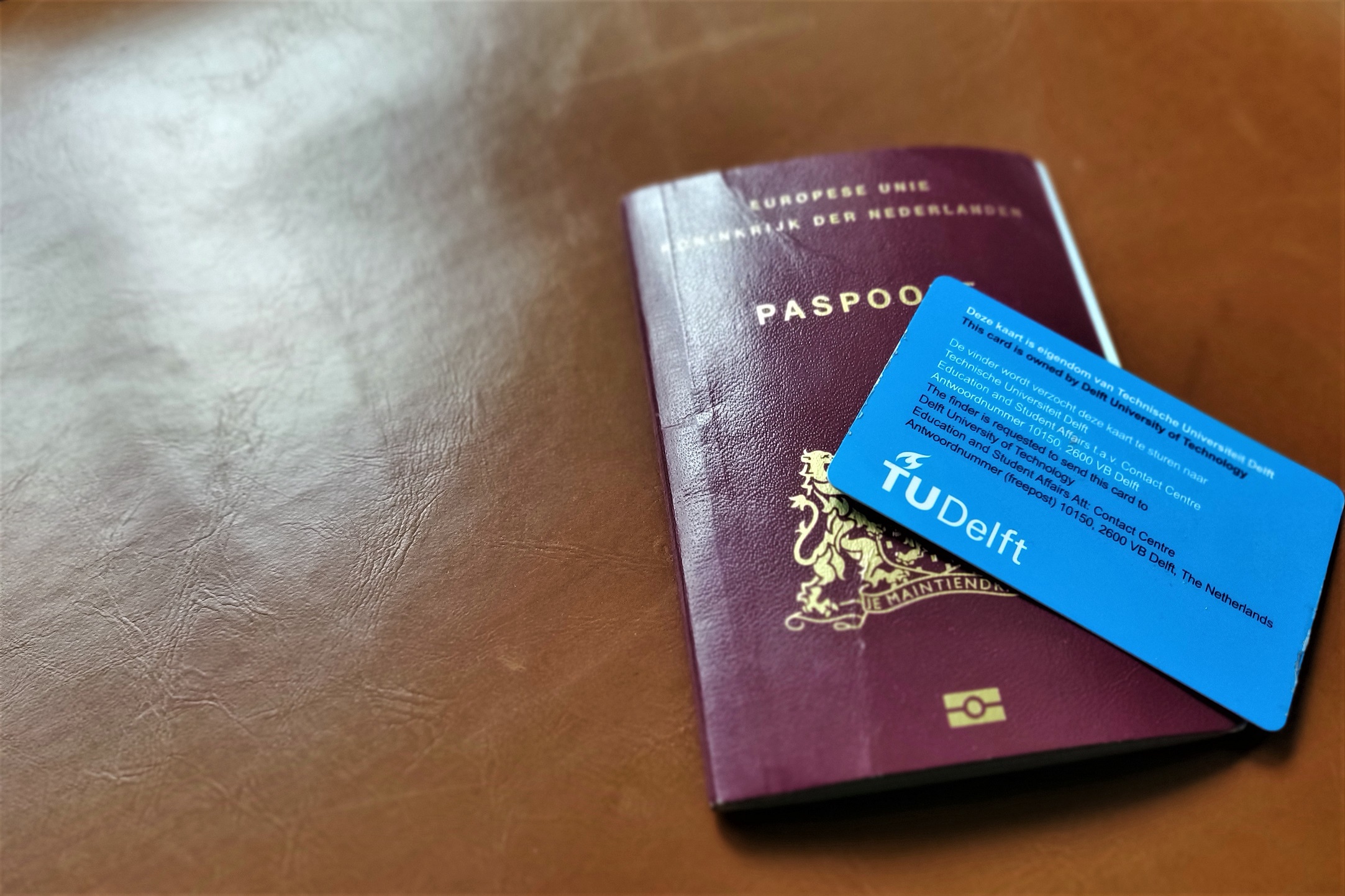After summer, students may go almost all over Europe for minors but may not go outside Europe. Four IDE students think this is absurd and have started a petition.
(FPhoto: Marjolein van der Veldt)
Students who want to take minors within Europe after the summer holiday are relieved. Last week the Executive Board said that these programmes can go ahead as long as at the time, the countries are green or yellow on the Ministry of Foreign Affairs’ corona dashboard. These exchanges were still impossible over the last two semesters. This means a relaxation of the restrictions.
But for students who want to study further away, there is less good news. All exchange programmes with partner institutions outside Europe have been cancelled. This to the great chagrin of four Industrial Design Engineering (IDE) students who had signed up for a minor at Virginia Tech University in the United States.
‘We feel cheated’
“The vaccination programme in the USA is much further than that of most European countries,” says IDE student Fin Kruseman Aretz. “Virginia Tech is also willing to accept students from the Netherlands, so what’s the problem? We feel cheated. All the more so because in December we were not told that geographic distance would be considered a risk factor in the allocation of your minor.”
Repatriation costs
With three other students, Aretz started a petition in the hope that the Executive Board retracts its decision. They do not believe that the USA and other countries outside Europe which seem to be emerging well from the corona battle, should be excluded. The petition has already been more than 700 times.
The students point to other universities in the Netherlands, including Utrecht University and Leiden University, that do allow minors outside Europe. Some universities require the students to sign a form in advance in which they say that they will cover any costs should the coronavirus unexpectedly emerge again and they need to be repatriated.
This is precisely the reason that TU Delft has ruled out countries outside Europe. In general, the further you are from home, the more difficult and expensive the repatriation. Up to now, the Government has covered these costs. But they will not do so anymore as of the next academic year.
‘TU Delft has a duty of care’
“I know that at some universities students have indeed signed a liability waiver,” says Head of Education and Student Affairs at TPM Marinke Sussenbach who has the exchange programmes in her portfolio. “However, our legal advisors say that this type of waiver is not legally watertight. In practice, TU Delft may still be held liable for the costs. This is in connection with the duty of care that TU Delft has towards its students.”
Clarity
All in all, TU Delft considers it too risky to allow exchanges with faraway countries as there is still too much uncertainty about the corona pandemic. “It seemed to be going well in Asia for a long time,” says Sussenbach, “but now you suddenly see increases in infections in some countries. Outbreaks can even happen in countries that are leading the way in vaccinations because of new virus variants. We need to create clarity for students well in advance. That too is part of our duty of care. This is why the Executive Board has taken this decision.”
Sussenbach also points to the fact that it was made clear to students from the outset that it was highly uncertain whether their minors would continue or not. “We have always been clear in our communications about this.” She does admit though that the geographic distance as a risk factor was not explicity stated. However, she believes that the students themselves could have worked this out. “There was clear communication about repatriation and the related financial aspects.”
‘We would like to see a more customised approach’
Aretz does not accept this reasoning. “There are more daily flights to and from the USA than to Iceland, to give one example.” In terms of price, it would not make much difference either. “So why can you go to Iceland and not to the USA?”
TU Delft’s Student Council stands behind the petition initiators. “We understand TU Delft’s arguments, but would like to see a more customised approach,” says Chair Job Vlak. “Let’s see if we can find a solution and try to get the most out of the situation.”
TU Delft will revisit the question of exchanges inside and outside Europe in September for the second semester that will start in February.
Do you have a question or comment about this article?
tomas.vandijk@tudelft.nl


Comments are closed.